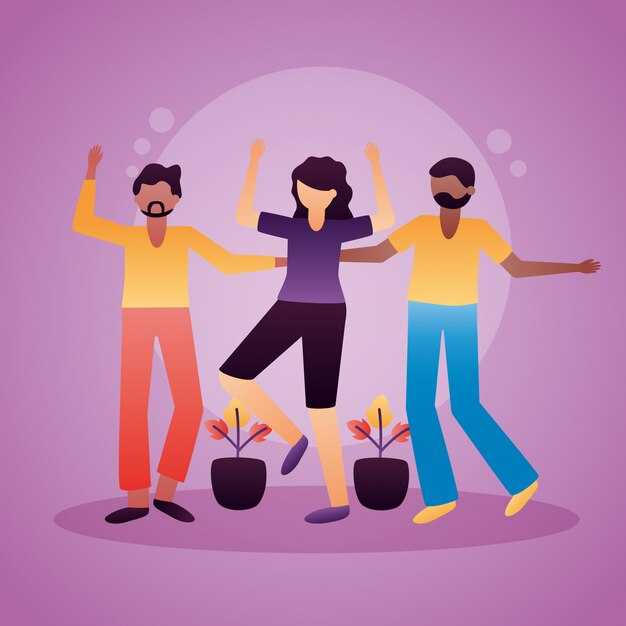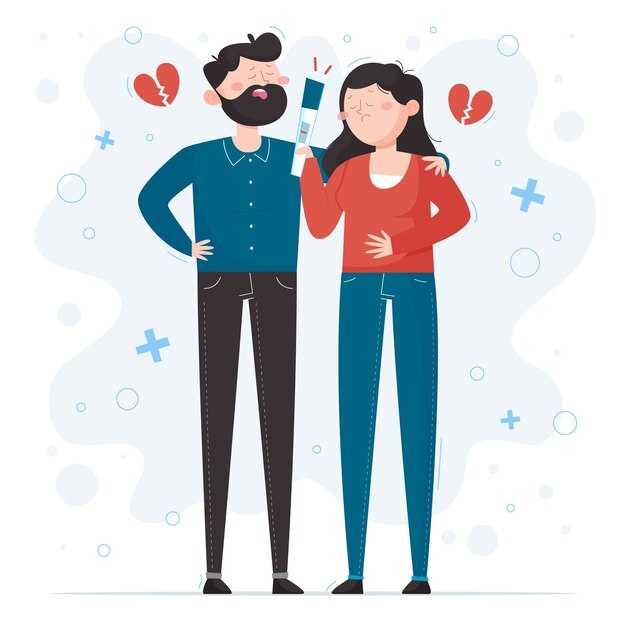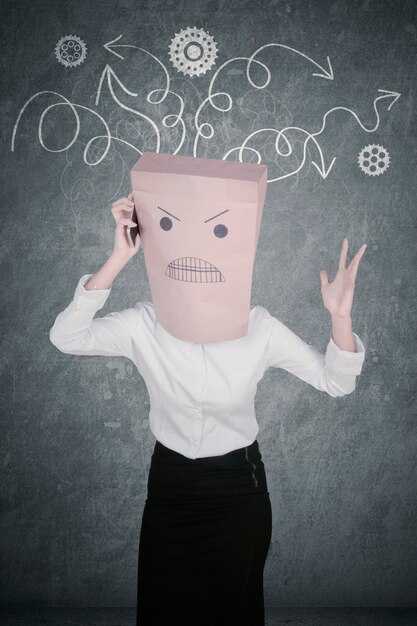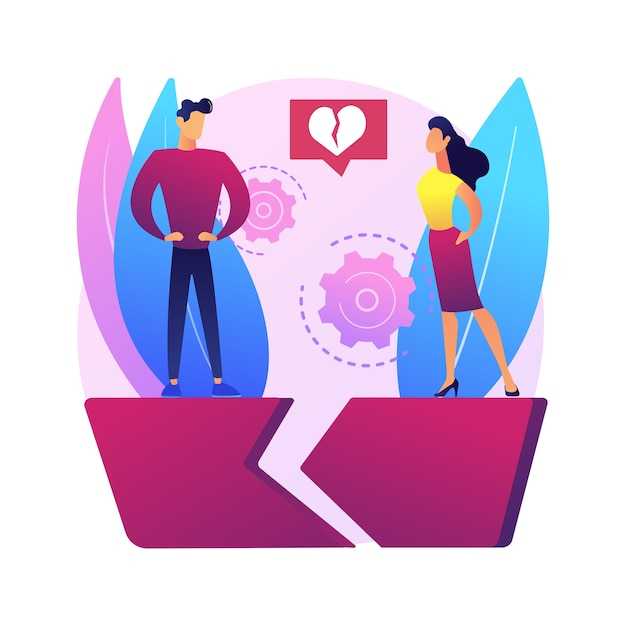If you want a sure-fire recipe for wrecking relationships, ruining your reputation, stalling your recovery, and making yourself look foolish, the fastest way is to let your emotions take control whenever you’re upset. Ask me — I’ve been there. People who are emotionally well don’t behave that way. But many of us aren’t consistently emotionally well. So what does it look like to move from constant reactivity to true emotional maturity? It’s not that you never feel anger, fear, or overwhelm. Those feelings will still arise for everyone. The difference is that you stop believing the lie that acting from a dysregulated, urgent place will help. In the heat of the moment it will feel like you must say everything, fix everything, or demand to be heard immediately, but you need an inner part that can step back from that compulsion. You don’t want to explode, and you don’t want to shut down. You don’t want to make impulsive choices or grand pronouncements while you’re dysregulated. Don’t throw away your future over one painful moment you just need to escape from. If you never learned another way — if you grew up watching people lose their temper, make threats, storm out, cut others off, or simply collapse and give up — then an alternative can be hard to imagine. But there is another way, and it’s neither mystical nor unreachable: it’s emotional self-regulation. When you can remain centered even as fear, rage, or shame floods in, everything changes — not just your inner state but how you speak, how you do your work, how you parent, how you love, and how you heal from trauma. In this video I’ll point out precisely what emotionally healthy people avoid doing when they’re upset. While people differ in many ways, there are consistent things we don’t do when we’re emotionally stable. You can stop doing them too — either by getting healthier first and seeing the change, or by adopting these behaviors now and letting them guide you toward emotional wellness.
Let’s begin with a major one: emotionally healthy people don’t blow up at others. They may feel intense anger, but they don’t let it hijack them. And we should remember that for people who carry trauma, dysregulation is partly a response to something like a neurological injury. Severe neglect in early life can change how the nervous system develops and organizes itself. That means it’s not only that nobody taught you how to respond, but biologically you might not have built the neural wiring that defaults to a calm, attentive response under stress. From a biological standpoint, being able to pay calm attention in a crisis makes sense — but trauma can take that ability away, throwing you into a hyper-reactive mode when you sense threat. People without that wound — or those who have healed from it — don’t scream, slam doors, hurl insults, humiliate themselves, fling objects, or make everyone else responsible for soothing their pain. When someone just unloads emotionally on others, it’s not a show of boundary or strength; it’s dysregulation. If you grew up around that, it can feel normal to react that way: parents who exploded under stress model that outbursts solve things, and many who hurt their children were themselves hurt as children. These patterns are learned at a deep, unconscious level. When I had children, I found myself singing songs I didn’t even remember learning but that my mother had sung — parenting culture gets passed on. I was fortunate in some ways but also raised by an alcoholic mother, which meant inconsistent attention and love; that inconsistency shaped a trauma bond with her.
You might justify lashing out by calling it honesty — “I have to be honest” — but that’s not true honesty when your expression ends up wounding others. When someone is calm and regulated, they might feel the urge to yell, but they pause. They notice the surge of rage and recognize that anything expressed while activated is unlikely to be helpful, kind, wise, or even accurate. So they wait, and as a result they have far fewer regrets. Have you ever said everything on your mind in a moment of fury only to see the harm it caused afterward? It feels awful. Healing toward emotional health means learning to pause and re-regulate in those moments. I’m a big believer in re-regulation — I’ve invested a lot in it. I even wrote a book called Reeregulated; you can find it through the usual booksellers and in seven languages, and there’s always a link in the description if you want more about my books. I also have a new one coming called Connectability, which I’m excited about because it’s all about connection.
That brings us to the next point: emotionally healthy people don’t speak until they’re calmer. That doesn’t mean they bury or deny their feelings. Many people confuse pausing with repression, especially if they were raised with a limited emotional vocabulary. Choosing to wait and re-regulate instead of blurting everything out is not the same as denying how you feel. Some schools of thought claim every feeling must be expressed; I don’t agree with that blanket stance. Strong reactions sometimes stem from paranoia, hypervigilance, or an old emotional flashback, and when you feel the urge to say something harsh, pausing is almost always wise. There are exceptions — if someone is actively trying to hurt you, you have every right to defend yourself — but in most cases, taking time to calm down leads to a response that actually serves you.
Quick aside: I made a free daily practice course that teaches two simple techniques to calm your internal storm when you’re triggered. It’s short but powerful, and it helps you feel clearer and more focused fast. Click the second link in the description or use the QR code, and you can start right away.
Regulating your feelings doesn’t mean allowing others to treat you poorly. When your nervous system is flooded, your thinking brain goes offline — the left frontal cortex dims. In that state you can’t take in new information, judge risk, or read subtle cues, so you’re likely to say things you don’t really mean. Emotionally healthy people don’t rush into confrontation, fire off impulsive texts, or launch sweeping relationship debates while dysregulated. They give themselves time to calm down. I know everyone hates being told to “calm down,” but when you internally tell yourself you’re going to calm down, it’s less offensive and far more useful. Sometimes calming takes five minutes, sometimes an hour, sometimes a few days — and that’s okay. It’s wiser than blowing up and wrecking what matters.
Here’s a very common self-sabotage: emotionally healthy people don’t make big life decisions in the middle of dysregulation. You’ve probably seen it or done it: an intense moment, panic or anger, and suddenly you quit your job, end a relationship, or proclaim “I’m done” or “I’ll never see you again.” Part of you may mean it, but often that voice is speaking from pain and the desperate need to escape the intensity. People who are emotionally mature understand that pain skews perception; decisions made through that lens are driven by urgency and are likely to be regretted. If you decide your future from that place, you often have to backtrack, and some harm may already be done. So instead, wait. Calm your nervous system. Use tools like my daily practice to discharge excessive fear and anger, and check in with trusted people. It’s really hard to navigate tough situations alone; trusted friends or allies who understand what you’re trying to change and who support that growth can help you find a clearer way forward. Rest, get clarity, and only then decide.
Another pattern to avoid: emotionally healthy people don’t make threats they won’t or can’t carry out. This is a habit common for people raised in traumatic environments. When desperation mounts and you don’t know how to get your needs met, threats can feel like leverage: “If you take one more step, I’ll never speak to you again,” or “If you don’t change, I’m done.” Most of the time those aren’t real boundaries but attempts to control with fear — and they usually come from a dysregulated place. It’s not your moral failing that you developed that trigger, but if you want healthy relationships it has to stop. Empty threats often backfire. Partners might tolerate them for a while, but you don’t want someone who just becomes a doormat under constant threat of being left. Repeatedly threatening and not following through is a form of emotional abuse: people stop taking you seriously, your words lose impact, and you eventually lose trust in your own integrity. That produces a vague, lingering shame you can’t always name. Emotionally healthy people speak with honesty and integrity: if they’re not ready to leave, they don’t say they are; if they’re not prepared to cut contact, they won’t use it as leverage. They set boundaries they will actually hold, and that’s how people come to respect you — and how you learn to respect yourself. That doesn’t guarantee the relationship will survive, but when clear criteria for leaving exist, leaving happens without dramatic threats; it’s simply a consequence enacted.
You’ve likely heard or said extremes in the middle of a fight: “You never listen,” “You always ruin everything,” or to yourself, “I’ll never trust anyone again.” Those sweeping statements feel powerful when you’re dysregulated, but they’re rarely true and they lock you into a harmful story. Words matter. The narratives you spin when upset can retraumatize or promote healing. Making broad generalizations feeds the pain and shames others. To be healthier, avoid that. Speak carefully. If someone repeatedly lets you down — if they consistently stand you up — that might be real, and you can set a boundary about it. But you don’t need constant shouting; you act on the boundary and explain why the pattern must end. Up until that point, practice pausing before you speak, decide, or act.
At the heart of it, emotionally healthy people move slowly when they’re upset. They don’t react immediately. They don’t treat feelings as facts. They don’t assume the most urgent thing is the most important thing. They wait, regulate, stay present in their bodies, and check what’s actually true. These are the goals: regulation isn’t the absence of feeling, it’s the capacity to feel without letting emotions take over and destroy relationships. It’s hard work — most of us spend years building these skills — but this is the advanced level: you don’t dismantle what you’ve built whenever you get dysregulated. You can learn it, even if nobody taught or modeled it for you; I cover it in my courses, membership, and webinars. Maybe your whole upbringing meant emotions were chaotic and survival required reacting, but you don’t have to keep surviving that way. You can learn to stay regulated — when triggered, when you think you’ll leave someone, when it feels like your heart is breaking. It takes practice, support, and healing, but the payoff is a more peaceful life, greater dignity in hard moments, clearer relationships, and more control over your life.
Hey — quick note: if you’re watching and wondering whether past trauma still affects you, I’ve put together a list of signs that current struggles may be linked to childhood neglect or abuse. Knowing this can normalize what’s hard for you now and show that healing is possible. Download my signs of childhood PTSD quiz by clicking the top link in the description or using the QR code. No matter your age — even at 80 — you can learn these skills. People ask, “Am I too old?” The answer is no.
So next time you’re upset, remember: you don’t have to fix everything right away. You don’t have to force understanding. Pause. Notice your feelings and use your tools — like the daily practice I mention — or the emergency re-regulation techniques I’ve shared; there’s a link in the description. Scroll down beneath this video (you may need to click “more” to expand) to find “Emergency measures to reeregulate,” a useful list of 14 actions you can take in the moment — even just stepping into the bathroom to stop yelling — so you can come back calm enough to choose a rational action rather than just blast out. The wave of emotion will pass; re-regulate, and then from that clearer place decide what to do. That’s what emotionally healthy people do. All your choices remain available — and they can be for you too. If you enjoyed this, there’s another video I think you’ll like right here, and I’ll see you over there. Ongoing, overblown conflict drains love and trust and prevents connection from deepening and sweetening over time.


 Why Emotionally Healthy People NEVER Do This When They’re Upset">
Why Emotionally Healthy People NEVER Do This When They’re Upset">

 The ‘Magnet’ Trap: Why Super Empaths Always Attract Avoidants">
The ‘Magnet’ Trap: Why Super Empaths Always Attract Avoidants">
 What she WANTS during a FIGHT!">
What she WANTS during a FIGHT!">
 The One Thing You MUST Say to Avoidants… Before They Disappear for Good | Avoidant Attachment Style">
The One Thing You MUST Say to Avoidants… Before They Disappear for Good | Avoidant Attachment Style">
 You don’t deserve to be ABUSED! || Narcissism is abuse">
You don’t deserve to be ABUSED! || Narcissism is abuse">
 I Neglected my Relationship.">
I Neglected my Relationship.">
 Great Friendships Grow When You Master These Skills">
Great Friendships Grow When You Master These Skills">
 If Marriage and Kids are What You Want, Here’s What to Do">
If Marriage and Kids are What You Want, Here’s What to Do">
 Do you REALLY care how your PARTNER feels?">
Do you REALLY care how your PARTNER feels?">
 Why she’s not IN THE MOOD anymore">
Why she’s not IN THE MOOD anymore">
 Narcissism vs Avoidant Attachment">
Narcissism vs Avoidant Attachment">